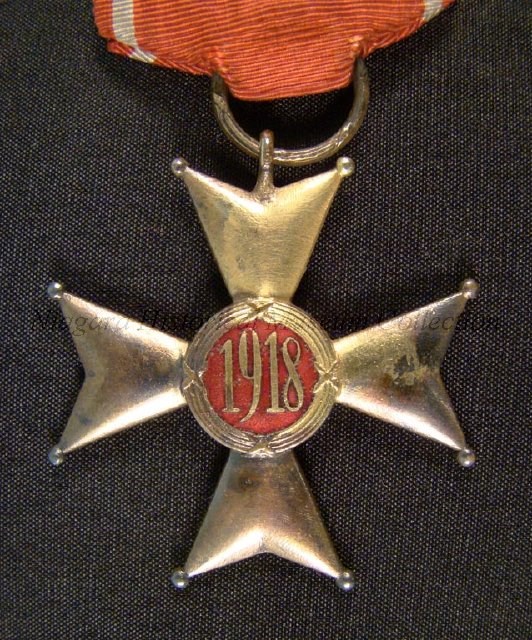
“Today, a museum is not just a place of dusty records and rarely-handled artifacts.”
Barbara Worthy, visitor and members services assistant at the Niagara-on-the-Lake Museum, points out museums around the world embrace interactive learning, immersive experiences, and community engagement. “The strength of the NOTL Museum lies in its ability to do all that, and to help maintain a vital and strong community,” says Worthy.
May 18 is International Museum Day, and the Niagara-on-the-Lake Museum is celebrating May as Museum Month. According to a recent survey conducted by the NOTL Museum, members found the museum to be “one of the most innovative and forward-thinking organizations in the community.”
“For a little museum, the NOTL Museum thinks big,” was one of the survey comments.
The museum has created a strong media presence with content on platforms such as Facebook and Instagram, as well as coordinating virtual exhibits on Google Arts and Culture.
Adding to the museum’s social media program, the NOTL Museum gift shop now offers online purchases of historical books on topics such as the War of 1812, Indigenous history, Black history, biographies, and historical fiction. The gift shop also offers some very unique giftware for the home, historical fashion accessories, and recreations of vintage toys and games. Shipping, local pickup and curbside pickup options are available.
In spite of a year of reduced programming, the NOTL Museum has hosted more than 20 virtual lectures, co-produced nearly 30 short history vignettes, offered game nights, on-line weekly quizzes, community challenges and monthly documentary club gatherings. The museum’s community partnerships have also “resulted in popular drive-through pig roasts with PigOut Catering, and the now almost legendary fundraising dinners with partners the Friends of Fort George, Ravine Winery, and local restauranteurs, Ruffino’s Pasta Bar & Grill and The Garrison House,” adds Worthy.
This sense of community partnership and generosity, in spite of adversity, is a long tradition in NOTL. Since the Niagara Historical Society opened Memorial Hall in 1907, the world has seen three major pandemics: the Spanish flu of 1918, the Asian flu of 1957 and the Hong Kong flu of 1968.
It is the Spanish flu of 1918 that has particular significance for NOTL. It was at Camp Kosciuszko where the first case of the flu in Canada was reported. The Camp was a training facility for Polish soldiers during the First World War. Exhausted Canadian nurses at the camp were supported by Polish White Cross nurses from New York State and the Grey Samaritans. This later group, founded by St. Catharines resident Countess Laura de Turczynowicz, comprised a group of young Polish women.
According to the NOTL Museum’s archives, the Polish women “worked with the American Relief Fund to provide basic necessities to dispossessed Poles during and after the war.”
All of these women joined the ongoing efforts of Elizabeth Ascher, a local reporter for The St. Catharines Standard who became an advocate for the Polish Relief Fund, collecting money, clothing and medical supplies for Polish soldiers and civilians living in their devastated homeland. She also worked to supply the soldiers at Camp Kosciuszko with decent living conditions, including winter clothing, blankets, Polish books and music. Ascher’s work with the Polish Relief Fund and her selfless care for the soldiers at the Camp earned her the nickname the Angel of Mercy. Her dedication to the Polish cause during and after the war earned her special recognition from the new Polish administration. Among her many awards, she became the first Canadian to be awarded the Chevalier’s Cross of the Order of Polonia Restituta.
Different resources claim that the Spanish flu took up to 20 million lives worldwide. At home, it is estimated it claimed the lives of upwards of 50,000 Canadians, 10,000 of those in Ontario alone. In NOTL, even though hundreds were infected with the flu, in the end, the virus claimed the lives of 20 Polish soldiers. These men are buried on a Polish sovereign plot in St. Vincent de Paul cemetery. This site has been the destination for an annual pilgrimage since 1920. According to assistant curator Shawna Butts, 2020 marked the first time in all these years that the usual full-scale pilgrimage was regrettably unable to take place, ironically due to another global pandemic.
Like the Spanish flu pandemic of 1918, our current pandemic has once again brought illness and loss to our community. As in the past, we face social and economic disruption in the form of quarantines, enforced mask wearing, and commercial and cultural institutional closures but if history has taught us anything, it is that as a nation, a province, and a community will make it through.
“In these very different times, museums around the world have continued to provide a means for communities to connect, stay involved, and to stay strong together. The NOTL Museum has played a significant role in the community during these COVID months. Its ability to provide ongoing social and educational programming has provided its members, and the community at large, with a feast of resources,” writes Worthy.
It is good to know the NOTL Museum will be collecting and documenting how we handle the pandemic, and how people like Elizabeth Ascher, and all the other volunteers can inspire us to continue the tradition of caring and generosity of our community.
The virtual exhibit for “Camp Kosciuszko: The Spanish Flu and the Women of the Camp” can be found on https://artsandculture.google.com/. More information on the museum and its virtual exhibits can be found on http://www.nhsm.ca/ or by calling 905-468-3912.


